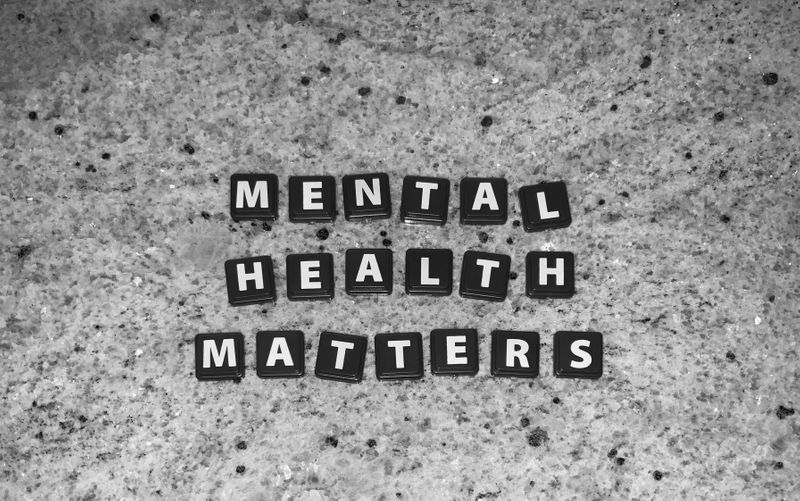 Photo by Daria Nepriakhina on Unsplash
Photo by Daria Nepriakhina on UnsplashTreatment for the most common [mental health] conditions (namely depression) is effective 80% of the time, but fewer than half of the people [in the U.S.] who need help get it, often because of social stigma, the fear of repercussions at work, or lack of access to quality, affordable care. - Harvard Business Review
Taking care of your mental health is important and sometimes you need to take time off from work in order to overcome stressful times.
So when and how can you ask your managers for time off?
Who Can Take A Leave Of Absence For Mental Health
 Photo by Anthony Tran on Unsplash
Photo by Anthony Tran on UnsplashThe decision of whether to take a leave of absence for your mental health is ultimately a personal choice.
There are many different reasons why you might need to take a leave of absence for your mental health and you shouldn't feel wrong or bad for considering it.
Consult with a therapist or physician since you’ll need their help if you do decide to go on leave.
Quiz
For which symptoms can you take a leave of absence for mental health
Regulations On Leave Of Absence For Mental Health
Understanding the regulations can be confusing because there are several types of leave depending on where you live and work.
Canada 🇨🇦
According to the Government of Canada, you may be able to apply for short-term disability claims under your employer's private insurance plan, or the Federal Government's Employment Insurance Sickness Benefits (EISB).
EISB will cover up to 15 weeks if you're temporarily not able to work because of illness, including mental illness.
United States 🇺🇸
According to the U.S. Department of Labor website, "the Family and Medical Leave Act provides certain employees with up to 12 weeks of unpaid, job-protected leave per year. It also requires that their group health benefits be maintained during the leave."
Look here for more details on the Family and Medical Leave Act.
Steps To Take
In order to take a leave of absence for your mental health, you’ll typically need to discuss your symptoms with:
A mental health professional or healthcare provider
Your human resources (HR) department
Talking To A Health Professional
When talking to a health professional you'll need to:
Give a clear explanation of your symptoms and illustrate the ways they affect your daily life.
Discuss how much time you may need off.
To make the most out of your appointment, conduct a quick self-evaluation prior to talking to a health professional.
Grab a pen and paper and take a few notes of what you're experiencing.
Focus on the emotional and physical symptoms you are feeling and remember to be open about your symptoms.
Talking To Your Human Resources Department

Meet with your HR department about leave options.
In addition to the local or federal government benefits, your employer may provide an additional program or means of support.
Take Action
 Photo by Marcel Strauß on Unsplash
Photo by Marcel Strauß on UnsplashAsking for time off can be scary! Take your time and follow these steps so you can start working on your mental health:
Your feedback matters to us.
This Byte helped me better understand the topic.
